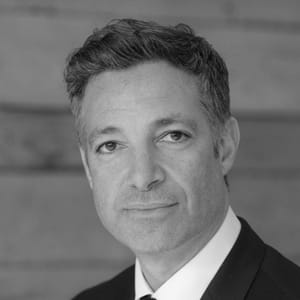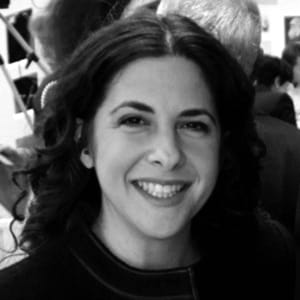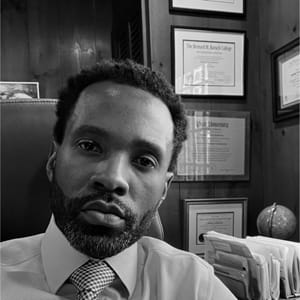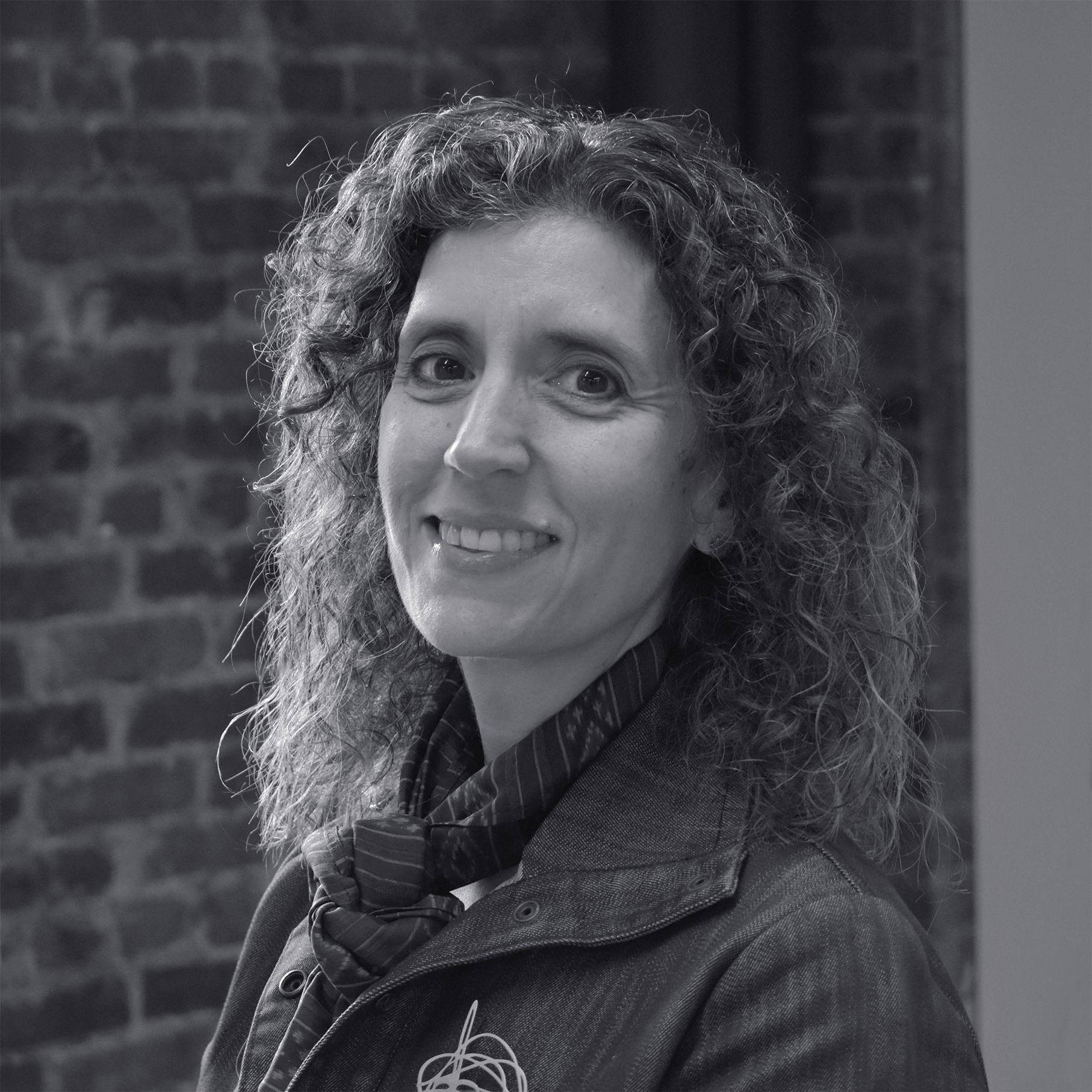Academy Leadership
In order to fulfill its mission, the Academy relies upon a team of dedicated staff.
President & CEO
Nicholas Dirks
President & CEO
Nicholas B. Dirks is a widely respected and highly influential historian and anthropologist, and a prominent leader in higher education. In June 2020, Dirks assumed leadership of The New York Academy of Sciences as President and Chief Executive Officer.
Academy Leadership
Giancarlo Bonagura
Executive Vice President/Chief Operating Officer
Douglas Braaten, PhD
Chief Scientific Officer
Editor-in-Chief, Annals of the New York Academy of Sciences
Melanie Brickman Borchard, PhD, MSc
Director, Life Sciences
Jacqueline Chaplin-Kravetz
Director, Development
Michael Cowan
Vice President, Communications
Sonya Dougal, PhD
Senior Vice President, Scientific Programs and Awards
Denis Flavius
Associate Vice President, Advancement
Ainsley Goulbourne
Chief Administrative Officer
Brooke Grindlinger, PhD
Chief Scientific Officer
Meghan Groome, PhD
Senior Vice President, Education
Edison Huynh
Director of Research and Special Projects
Lalitaa Isahack, SPHR, CPSP
Vice President, Human Resources
Chenelle Bonavito Martinez, MS
Vice President, Event Operations, Customer Engagement, & Special Projects
Mila Rosenthal, PhD
Executive Director, International Science Reserve
Robin Stephenson
Senior Vice President, Advancement















